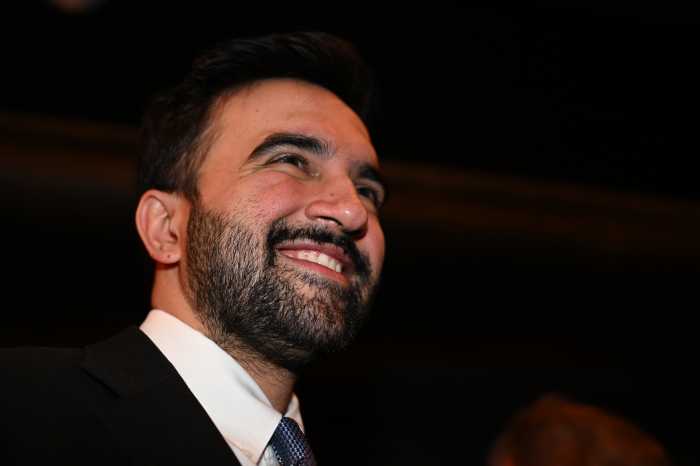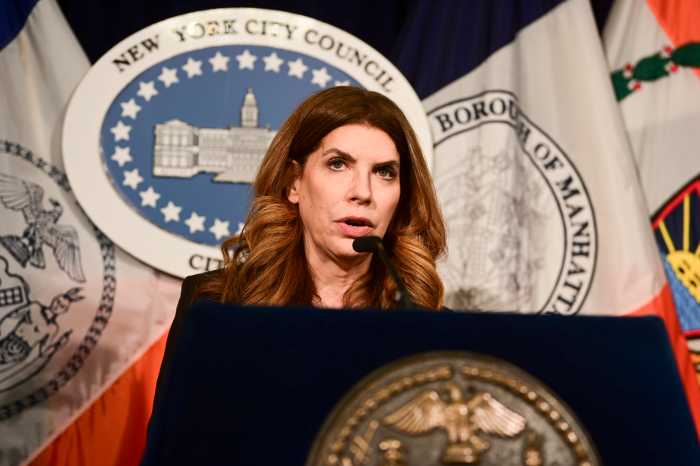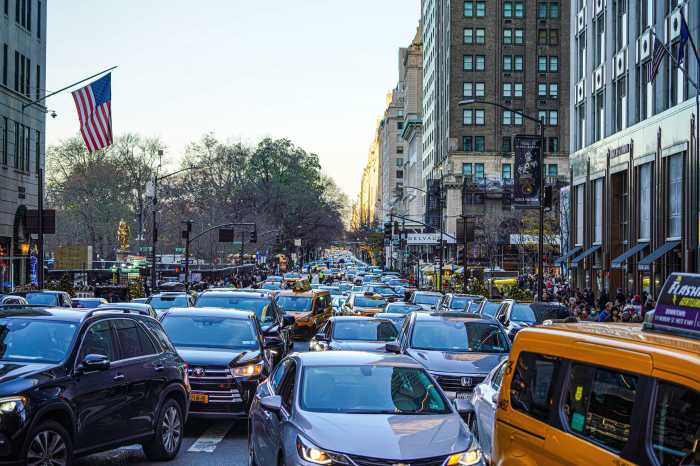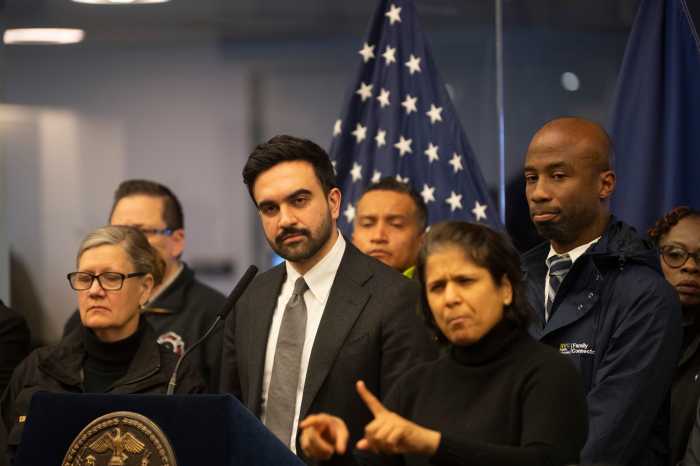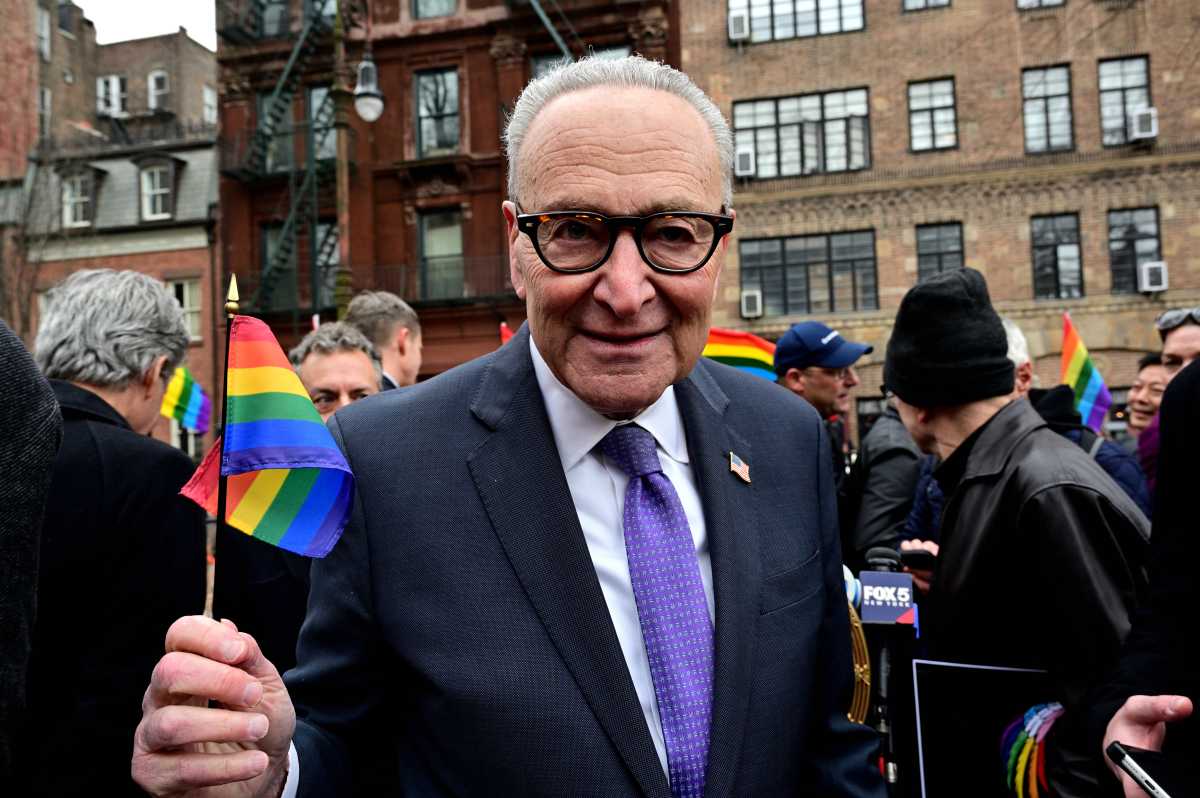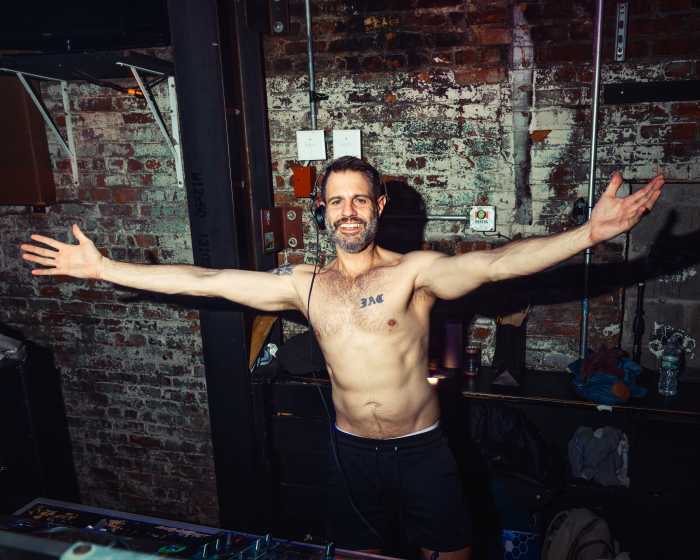Discourse has taken a wrong turn.
It has hit such a fever pitch that words mean everything, and therefore nothing. That identities are universal, and therefore unshareable. That all causes are existential, and therefore irrelevant.
Inevitably, there is one glaring, smoldering example. When I was first introduced to the idea of “Queers for Palestine,” I actually thought their goal was to support queers in the Palestinian Territories. I grew up as a gay man in 1990s Israel, where, across our country’s vibrant LGBTQ community, my peers and I were keenly aware that our tiny nation was – to put it mildly – ahead of the curve in the Middle East.
While recognizing that we still have a long way to go, we also saw with our own eyes the progress Israel made, and continues making. Tel Aviv began holding pride parades in 1993, long before many other Western cities, and today it stands as a leading mecca of gay culture alongside giants like San Francisco and Berlin. Even the holy city of Jerusalem, Israel’s capital known for tradition and freedom of worship, now hosts an annual pride parade.
The Palestinian territories? Not so much. Still today in 2024, Palestinian culture ostracizes, humiliates, jails, tortures and often murders people simply for being gay. This reflects endemic and legally-enshrined homophobia across both the PA-administered West Bank and the Hamas-controlled Gaza Strip.
LGBTQ Westerners’ aligning themselves with a culture that gladly goes on record mocking and rejecting their support, often threatening them with obscene sexual violence, could be an example of supreme ignorance or extreme masochism. However, the reality is often even more confounding. It reflects a progressivism that has lost so much sight of the true battles it exists to fight, that it now sacrifices its ideals of equality and freedom in exchange for antisemitic libel campaigns that systematically undermine decades of liberal progress.
Thus, the strongest argument isn’t only that the LGBTQ community should naturally align with Israel due to its liberal-democratic values, in contrast to Palestinian bigotry and regressivism. It’s even simpler: if “Queers for Palestine” activists truly want to serve queer Palestinians, they should put their money where their mouth is – and call on Hamas and the PA to urgently promote LGBTQ rights within Palestinian society.
A term that often comes up in these discussions is “intersectionality,” the notion of a common thread between all oppressed groups. By this logic, queer people are oppressed, and Palestinians are oppressed, so their struggles are automatically tied together. For each to succeed, they must fight beside, and for, each other.
Of course, this falls apart quickly. Not only would most Palestinians recoil at defending LGBTQ rights, but the Palestinian cause falls far from the circle of the “oppressed.” A state of Palestine never existed, was never conquered or colonized by European Jews. A continuous Jewish presence, on the other hand, has existed in Israel for over three millennia, and Israeli Jews are of different colors and deeply diverse.
The oppressor Goliath lies on the other side. The Palestine Liberation Organization, the main political body of the Palestinian movement, came about not in 1948 but 1964, created by the expressly expansionist, imperialist Arab League for the sole purpose of wresting control of the sliver of land between the Jordan River and the Mediterranean Sea from its Jewish inhabitants by blood.
It is by definition the oppressor, not the oppressed – it exists as a colonialist cudgel, juggled from the hands of the Arab League to those of the fundamentalist Islamic Republic of Iran. Since 1979, Tehran has used Palestinians and their terror groups they so readily spawn as yet another proxy in its campaign to remake the entire Middle East in its fanatical, judenrein vision.
The Palestinian cause is hypernationalist, supremacist and militant. Its tools are terror and bloodshed, as seen on October 7th and for decades prior, and its goals are unsparing and genocidal – a Holy Land free of Jews, no matter the flag under which they reside. The reason there is no Palestinian state is not Israel – who has offered peace time and time again on a silver platter – but the fact that Palestinian leadership wants war as a goal, not peace. Peace is somewhere between a temporary inconvenience and an unacceptable Zionist victory.
Into this puzzle Palestinian “liberation” simply does not fit. By their own definitions, anti-Israel activists call for an Arab-Muslim ethnostate in the entire land of Israel, built on the expulsion of over seven million Jewish Israelis in a best case scenario, or an even larger-scale second Holocaust in a worst case one.
If their cause requires severing an indigenous people from their homeland as a matter of core theory, it might not be all that noble. And if it further necessitates the liquidation of millions of men, women and children because of their ethnic and religious identities, it could even be called evil.
So the main issue with “Queers for Palestine” is not even that a man in nail polish would be lynched in Gaza before he could say hello. It’s that reducing the Israeli-Palestinian conflict to a Western “oppressed-oppressor” binary does a disservice to both the theory it claims to honor and the reality it comes to address – rendering it so ersatz and two-dimensional that it no longer actually exists in the real world.
Queer theories exist to challenge structures of power and work toward more inclusive societies. Palestinian nationalism is the opposite – viewing Jews at the bottom of a global hierarchy, and using brute force to rob them of dignity, sovereignty and hard-fought legitimacy in the arena of progressive nation-states.
It is always strange how queer studies’ critique of nationalist movements glosses over the virulent supremacy of the Palestinian example. Indeed, its relativist, neo-Marxist lens buries the root cause of the conflict – Palestinian rejectionism, antisemitism and bloodlust – and thus gives the Palestinians a free pass to continue carrying out terror attacks and turning down peace deals, ceasefire deals and any deals at all. Tragically, it saps vital energy from Pride’s true purpose: advancing the rights of LGBTQ people where they are most oppressed. It turns the movement into yet another nameless bludgeon against the only Jewish State. And in doing so, it makes true peace even more difficult to attain.
Mr. Saar is Deputy Consul General of Israel in New York
Read More: https://www.amny.com/oped/




